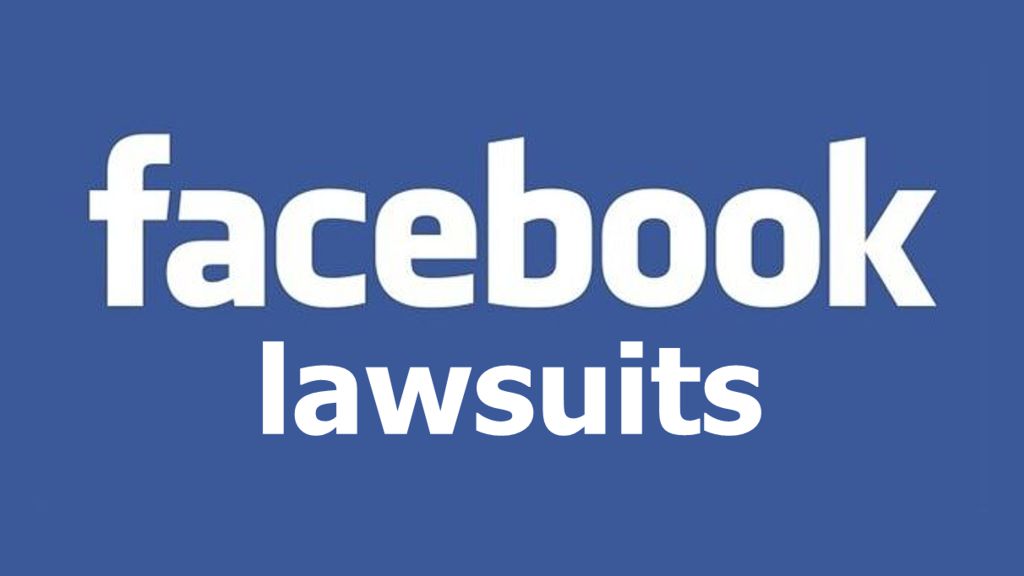
The Texas Supreme Court ruled that Facebook could be held liable if sex traffickers use the platform to prey on children, arguing the social media website isn’t a “lawless no-man’s-land.”
The ruling was made following three Houston-area lawsuits involving teenage trafficking victims who alleged that they met their abusers through Facebook’s messaging service. Prosecutors also said that Facebook was negligent by not doing more to block sex traffickers from using the site.
“We do not understand Section 230 to ‘create a lawless no-man’s-land on the Internet’ in which states are powerless to impose liability on websites that knowingly or intentionally participate in the evil of online human trafficking,” the Supreme Court’s majority wrote.
Facebook has contended that it’s protected under Section 230 of the federal Communications Decency Act—a law that has been frequently criticized by Republicans, including former President Donald Trump. Critics have said that the rule, which shields online platforms from liability regarding third-party content, has allowed Facebook, Twitter, Google, and others to ban conservative viewpoints while unfairly allowing extreme left-wing viewpoints to proliferate.
“Holding internet platforms accountable for words or actions of their users is one thing, and the federal precedent uniformly dictates that section 230 does not allow it,” the state Supreme Court court ruled (pdf) on June 25. “Holding internet platforms accountable for their own misdeeds is quite another thing. This is particularly the case for human trafficking.”
In a statement, a Facebook spokesperson told Fox Business that the California-based firm is considering the “next steps” following the court’s decision.
“We’re reviewing the decision and considering potential next steps. Sex trafficking is abhorrent and not allowed on Facebook,” a spokesman told Fox News. “We will continue our fight against the spread of this content and the predators who engage in it.”
The Texas Supreme Court said that the sex trafficking victims can move forward with their lawsuits against Facebook. They claimed that the company violated the Texas Civil Practice and Remedies Code, which was approved in 2009.
According to the 2020 Federal Human Trafficking Report (pdf), the Human Trafficking Institute says that most of the online recruitment in active sex trafficking cases, or about 59 percent of all cases, occurred on Facebook in 2020.
That makes Facebook “by far the most frequently referenced website or app in public sources connected with these prosecutions, which was also true in 2019,” the report found.
Representatives from Facebook didn’t respond to a request for comment by press time.




